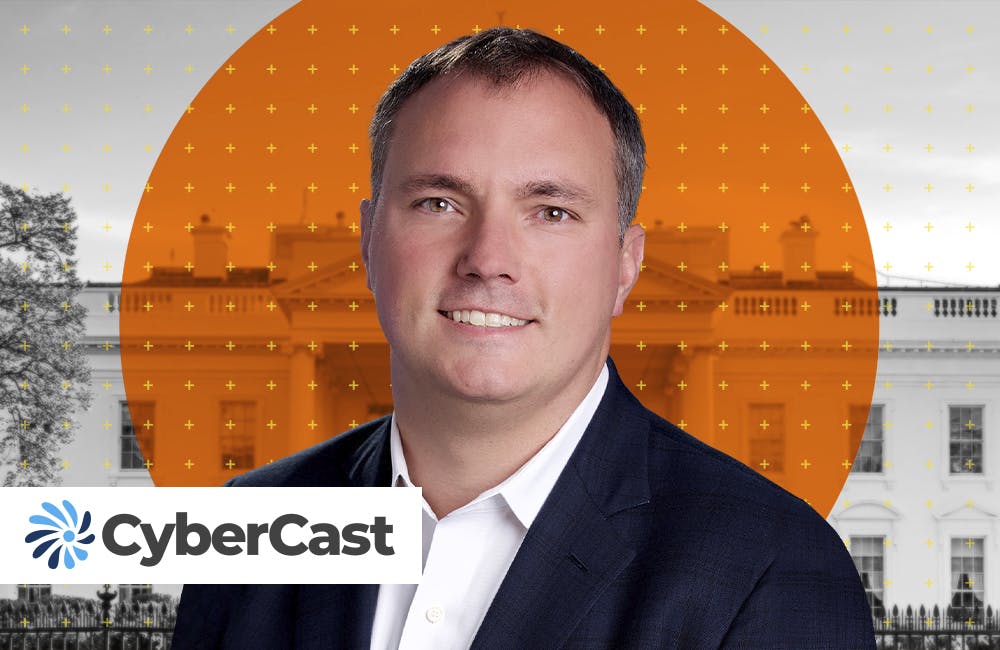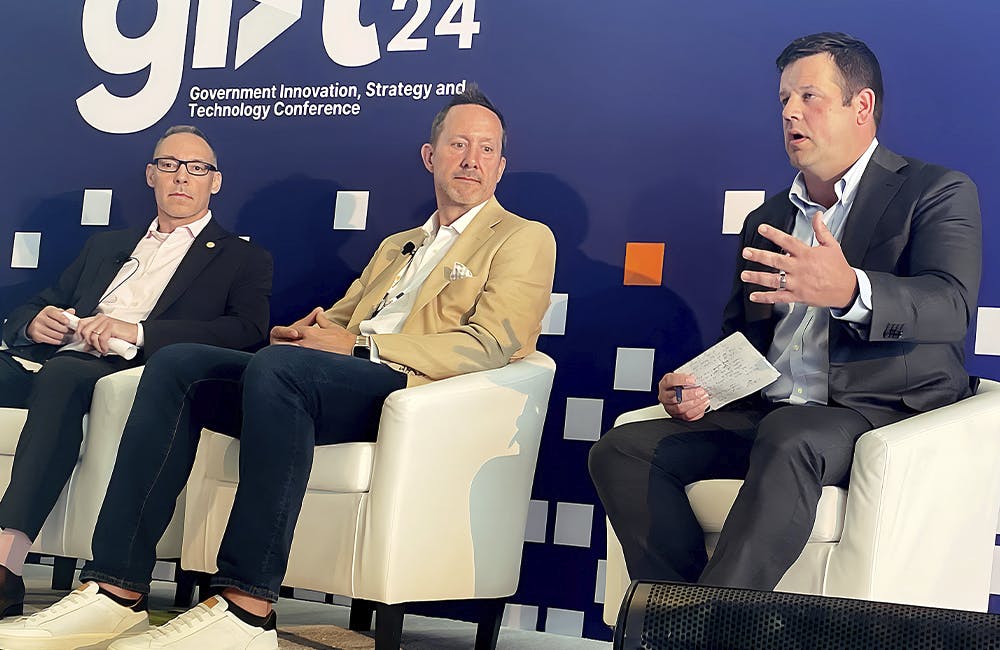First Cybersecurity Reskilling Cohort Graduates
The 25 graduates developed cyber defense analysis skills in just three months.

In an effort to draw upon talents and aptitudes within the federal government to close the cybersecurity workforce gap, earlier this year the Federal CIO Council created the Cyber Reskilling Academy, a full-time, three-month-long program for federal employees outside of IT roles to learn the necessary skills to become cybersecurity experts. The Cyber Reskilling Academy’s first 25-student cohort graduated from the program July 15.
The Cyber Reskilling Academy is already a success in terms of the interest it has generated throughout the federal government.
“We had 25 slots set up … to do an assessment of existing personnel within our government,” said Federal Deputy Chief Information Officer Margie Graves. “We thought maybe we would have a couple hundred applicants. We had 1,517 applicants for [the first cohort].”
A second cohort of 30 students began courses July 8 and will graduate Sept. 20. The Federal CIO Council is already looking toward increasing the slots for a third cohort as well as offering cybersecurity training beyond the current cyber defense analyst education.
The agile methodology calls for “great generalists,” said Brian Griffith, IT management section chief for the FBI’s Criminal Justice Information Services. He underscored that in the future the government will need to hire by personality types, rather than by specialized skillsets. The Cyber Reskilling Academy has identified those personality types and given them the skills they need to fulfill a variety of roles in federal cybersecurity.
Going forward, the Cyber Reskilling Academy offers a chance for those who did not earn a degree in computer science or mathematics – or those who did not earn a college or postgraduate degree at all – the opportunity to become information security experts. In her remarks at the first Cyber Reskilling Academy cohort’s graduation ceremony, Secretary of Education Betsy DeVos championed the idea that “lifelong learning” does not have to follow a straight path.
“Our graduates today have shown us how this can be done,” she said. “Before you participated in this program, none of you worked in IT … but you have three things in common: you recognize opportunities; you are willing to take risks; and you are committed to lifelong learning. As a result, you all are graduating from this program with experiences and skills that prepare you for what comes next in your careers.”
This is a carousel with manually rotating slides. Use Next and Previous buttons to navigate or jump to a slide with the slide dots
-

DOD Has a New Cyber Resiliency Assessment Program
Defense officials tout the continuous assessment feature and scalability of the new program amid increased cyber threats.
5m read -

Cyber Resilience and Recovery Amid Evolving Cyber Threats
Data durability is a key aspect of NIST’s cybersecurity framework for public and private organizations.
21m listen -

How TMF is Helping Agencies Accelerate Tech Modernization
The program launched a new AI pilot to expedite TMF applications as agency leaders urge more to consider applying for funds.
4m read -

Defense Board to Pitch Solutions for Closing Tech Talent Gaps
Defense Innovation Board members cite need to modernize people management the same way government modernizes technology.
4m read








